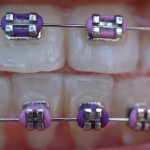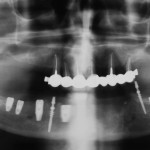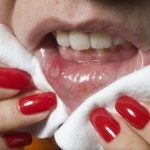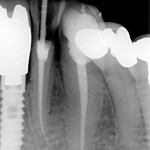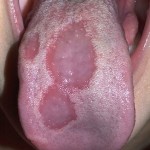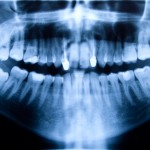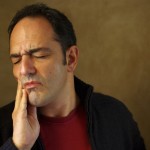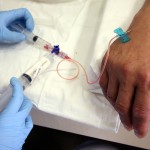
A 2011 Cochrane review found weak evidence from 5 studies that low energy laser therapy (LLLT) may be beneficial in preventing severe mucositis. This new review included 18 studies and found that low level laser therapy reduced overall risk of severe mucositis.
[read the full story...]